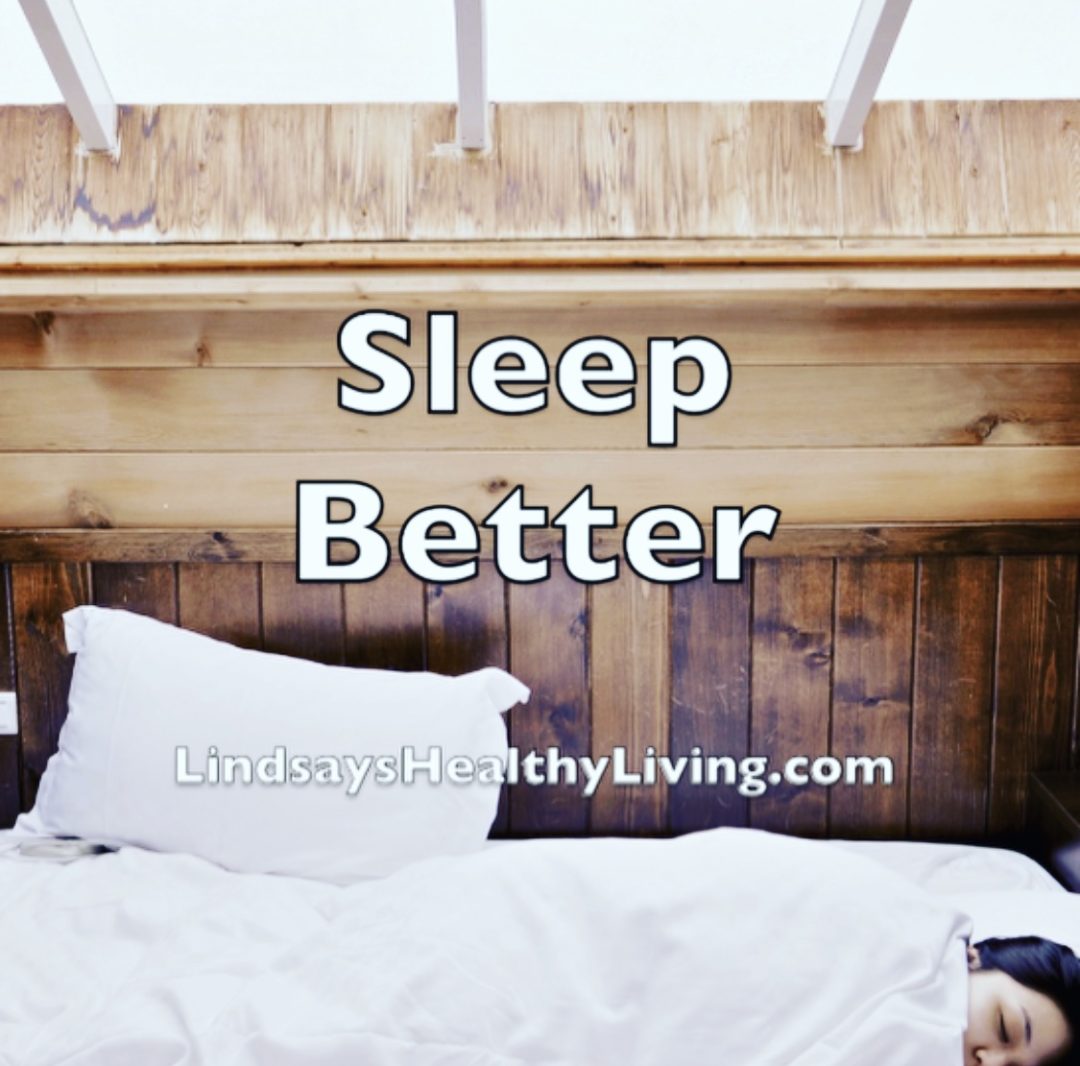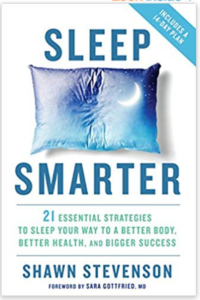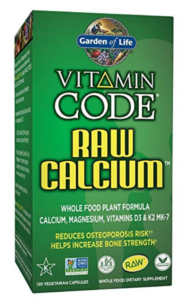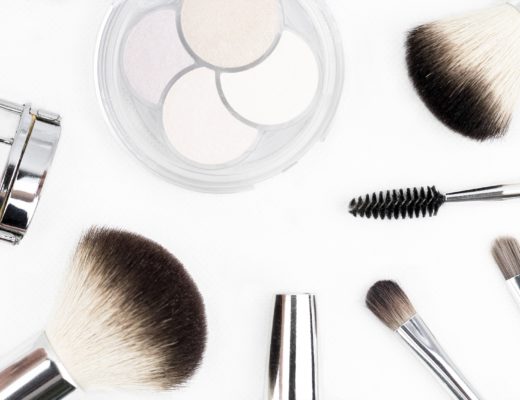Sleeping well has always been a challenge for me. As an adult I’ve learned some tricks that REALLY help. There’s an excellent audible book called “Sleep Smarter” by Shawn Stevenson. I highly recommend listening to it. All the tips he offers make complete sense. You can do a free 30-day trial on Amazon and listen to it for free.
1. Ditch The Caffeine
If you must have caffeine, only use it first thing in the morning. Studies show that caffeine can reduce the amount of deep sleep you’ll have. Even 6 hours prior to bedtime, caffeine can reduce your sleep by more than an hour! Try swapping out your coffee for green tea or herbal tea. One cup of coffee has around 92 milligrams of caffeine versus only 35 milligrams of caffeine in green tea.
2. Avoid Sugar
Sugar in the evening or late afternoon destroys your ability to sleep. This includes sugar of any kind. Sugar even during the daytime has the ability to pull you out of a deep sleep, which will make you feel exhausted the next the day. If you must have sugar, try sticking to low glycemic index sugars like honey, maple syrup or monk fruit.
3. Stay Away From The Booze
Drinking a glass of wine or less before bed may help you fall asleep, but even one glass can disrupt your circadian sleep cycle. Did you know that alcohol actually suppresses the production of melatonin? Melatonin is a hormone, produced by the pineal gland and helps control your sleep-wake cycles. Research shows that alcohol can reduce melatonin production by nearly 20 percent!
4. Avoid Blue Light
Your skin is so absorbent to artificial lighting and when the light hits your skin or eyes it activates the melatonin receptors in your body. Make your room as dark as possible, and buy the blackout blinds and curtains, if needed. I bought blue light free light bulbs for my bedroom, a blue light free filter for my alarm clock, and blue light blocking glasses. I look ridiculous in the glasses, but they do help! Check out LowBlueLights.com and Swanwicksleep.com for products (I do not get paid to recommend them).
5. Mediation
Slow down your monkey brain and take the time to mediate every day. My favorite way to do this is by just lying down in Shavasana pose (corpse pose) and repeating the words “just be.” It’s okay to have different thoughts pop up in your head as you mediate. Just acknowledge them and repeat your mantra. Another great way to mediate is by counting your breaths. Try sitting in a chair upright or lying down in a comfortable position. Close your eyes and focus on your breath. Take a deep breath in and count to four. Take a slow exhale out and count to four. Once you’re warmed up try counting to 5 or 6. You’ll find your mind will instantly slow down and you’ll be way more relaxed.
6. Sungazing
Sungazing is by far the fastest and easiest way to get your circadian cycle back on track. What is sungazing? If you’ve ever watched the sunrise or sunset, you have done it. Sungazing consists of gazing in the direction of the sun no more than 30 minutes after sunrise and within 30 minutes of sunset. Gazing at any other time can cause damage to the eyes. To be on the safe side, check out your weather app prior to sun gazing. It will tell you what time the sunrise and sunset is for the day and what the UV index number is. The UV index should be a zero for sun gazing. If your eyes feel sensitive at any moment, stop sungazing!
7. Turn Off The Wifi
EMF waves are horrible for your sleep. Before bed, disconnect your Wi-Fi & remove all electronics from your bedroom. If you have a T.V in your room, unplug it as well. EMF waves are also emitted from your cell phones. It’s best to avoid all electronics for at least one-hour prior to sleep.
8. Room Temperature
Studies show that it’s easier to sleep in a colder temperature. The suggested ideal temperature should be between 60-67 degrees Fahrenheit. I live in Florida and find 68-70 degrees perfect for me, but someone who’s used to the colder weather may benefit more from a colder temperature. If your feet get cold, wear socks.
9. Sound
If you’re a light sleeper, try adding in a background noise like a fan. When we travel I use a fan app and even wear earplugs sometimes.
10. Epsom Salt Baths
Salt baths are an excellent way to relax and detox the body. Doing this an hour or two, before heading to bed will assist you in a better night’s sleep.
11. Magnesium
Many people are deficient in magnesium, which can also affect the quality of sleep. Try eating foods that are high in magnesium like cacao nibs, almonds, cashews, or avocados. You can also buy or make magnesium oil and spray it on your body before heading to bed. Another option is to try taking a high quality Magnesium pill each day. I’ve found that taking Magnesium in conjunction with Calcium and Fish Oil makes me sleep like a rock.
12. Omega- 3 Fatty Acids
Research shows that omega-3 fatty acids may boost your sleep quality. The sleep doctor has an excellent article all about this. Click here to read more. I find that I’m able to sleep deeper and longer when I take Liver Cod Oil by Nature’s Way. Fish Oil pills by New Chapter also works really well.
13. Microbiome & Sleep
It is said that if you heal the gut, you heal the body. The gut is often referred to as our “second brain.” This is because our microbiome is constantly in communication with our nervous system. In fact, did you know that up to 90% of serotonin is produced by the gut? Serotonin plays a key rule in sleep and mental stability. So how can you boost the good bacteria in your gut? The simple answer is through a healthy diet & taking probiotics. For me, I have found the Paleo diet to be the most beneficial. Avoiding grains helped to heal my Psoriasis and joint pain. We all have different bodies so play around with different foods and see what your body likes the best.
14. Snack Before Bed
I know it goes against everything you’ve been told, but for some people it helps to have a small, protein-rich snack prior to bed. Almonds, bananas, and pretzels may help you sleep better. For a list of foods that make you sleepy, click here.
15. Time of sleep
Most adults need between 7-9 hours sleep and studies find that you get the most bang for your buck between the hours of 10 pm and 2 am (plus or minus an hour, depending on the time of the year). This means your body recharges the most between the hours of 10 pm and 2 am. So get to bed on time!
16. Mattress & Pillows
Take the time to invest in good bedding. If you’re waking up sore or if your mattress is over 10 years old, it may be time to replace it. Do you research & really look into your investment. Try to find a mattress that is non-toxic and that is comfortable for you. Many mattresses come loaded with Volatile Organic Compounds (VOCs), which can cause an array of health problems. Many of these compounds disrupt your hormones, can cause asthma, and can even lead to cancer.
17. Herbs
If you’ve tried all of these steps and are still struggling to sleep, you could try taking different herbs. BUT a word of caution- just because they are herbs, does not mean they do not come without side effects. Do your research and talk to your primary care provider prior to starting any new herbs or supplements.
For more additional tips, check out the book Sleep Smarter by Shawn Stevenson. You can listen to this on audible.com. It’s a fantastic book and 100% it’s worth your time!










1 Comment
Algae Pills & Omega 3 Essential Fatty Acids ~ Lindsay's Healthy Living
March 26, 2019 at 1:00 pm[…] It’s helped me sleep better. […]